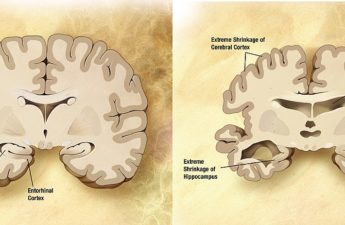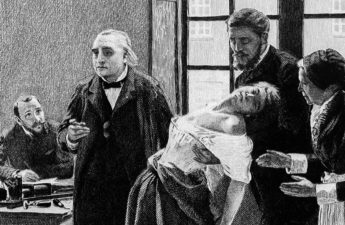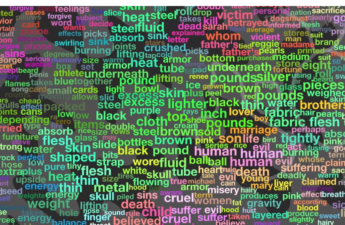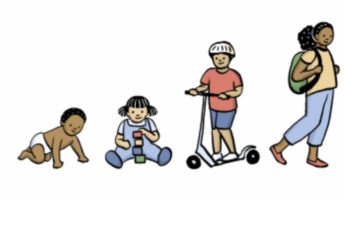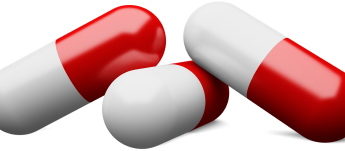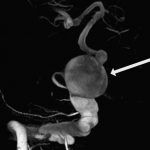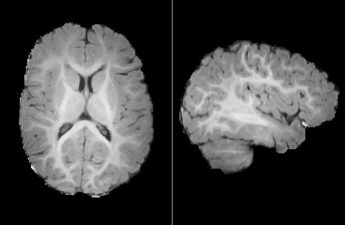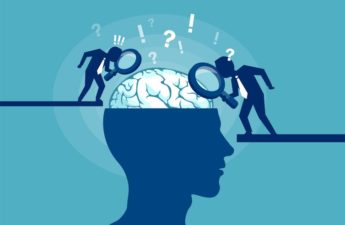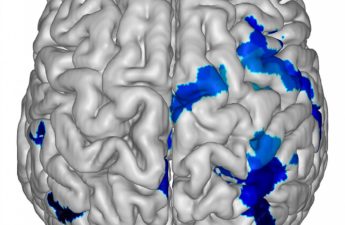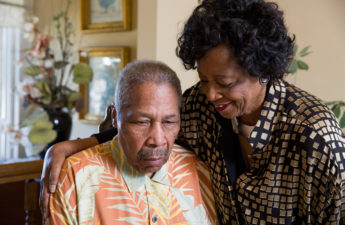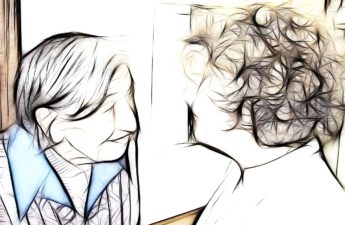Category: Brain and Nervous System
Vast majority of dementia patients don’t receive specialty diagnosis and care, study
One year after diagnosis, less than a quarter of patients had seen a dementia specialist. After five years, the percent of patients had only increased to 36%.
In Men, It’s Parkinson’s. In Women, It’s Hysteria.
Neurologist Laura Boylan suffered from tremors and loss of balance that she attributed to a cyst in her brain. Why didn’t her doctors believe her?
Trouble tying to find a word? Maybe this brain map will help
Neuroscientists have created interactive maps that can predict where different categories of words activate the brain
Memory and attention difficulties are often part of a normal life
Can’t remember what you came for? Don’t worry – you probably have a lot going on.
Why testing for lead helps kids…and how you can get free testing
Lead exposure can harm brain growth in children, so it’s important for toddlers and preschoolers to be tested for lead if they have any of the risk factors.
Common Medications Can Masquerade As Dementia In Seniors
1 in 4 older adults take anticholinergic drugs — a class of medications used to treat allergies, insomnia, leaky bladders, and other common disorders
UW gene study suggests drugs could treat some aneurysms
The finding suggests that other, more common, forms of aneurysms could someday be treated with medication instead of high-risk surgical interventions.
UW to study pot’s effect on infant brain development
The study will track the mother’s marijuana use from the first trimester throughout pregnancy and then scan infants’ brains at age 6 months to identify possible effects of cannabis exposure.
No cure for Alzheimer’s in my lifetime
If you understand why there won’t be much headway on Alzheimer’s, you’ll also understand why medicine has been having fewer breakthroughs on major diseases.
Want to learn a new skill? Take some short breaks
Our brains may solidify the memories of new skills we just practiced a few seconds earlier by taking a short rest.
States Push For Caregiver Tax Credits
The average caregiver spends $6,954 a year on out-of-pocket costs caring for a family member.
Seniors Aging In Place Turn To Devices And Helpers, But Unmet Needs Are Common
Nearly half of older adults with probable dementia or difficulty performing daily activities don’t get assistance from family, friends or paid caregivers
Watch Out for False Promises About So-Called Alzheimer’s Cures
FDA warns consumers to avoid unproven and potentially unsafe products sold as treatments for Alzheimer’s disease.
Bottle feeding linked to left-handedness, UW study
The prevalence of left-handedness is lower among breastfed infants as compared to bottle-fed infants.
Assisted Living’s Breakneck Growth Leaves Patient Safety Behind
Dementia care is the fastest-growing segment of assisted living. But facilities across the country are straining to deliver on their promises of attentive care
